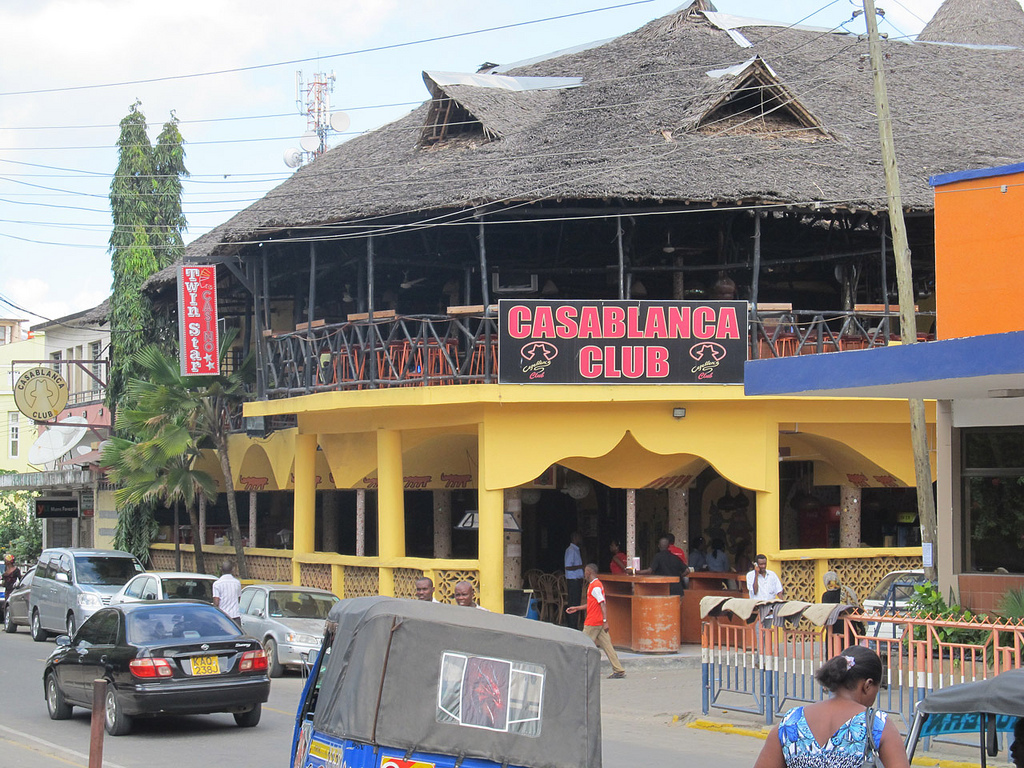Connect with us
Published
7 years agoon
By
Kulan Post
NAIROBI—A night club, insurance companies and a riba (interest) bank are among establishments renting properties belonging to the Wakf Commission.
More so, many of these establishments which have leased the more than 260 properties bequeathed by their former owners to benefit Muslim institutions and individuals from disadvantaged backgrounds are paying rental fees amounting to as little as Sh25 per month.
The principles regarding wakf entails that it should be a tool for charity to benefit the intended beneficiaries but it appears that it is far from attaining this goal as a select few are benefitting from the properties at the expense of the intended beneficiaries.
The properties in Mombasa, Malindi and Lamu which at prevailing market prices are valued at over Sh10 billion are earning the commission a partly of Sh3,225,733 per year from rental income.
According to a report by the Taskforce for the Review of the Wakf Commissioners of Kenya Act 1951, the extremely low rents are far below market rates as most of the assets are considered to be prime property due to their location in commercial and residential areas.
The highest rent generated from these properties is Sh 240,000 per year with the lowest tenant paying Sh 25 to the commission. A sad element on this matter is the property on the Casablanca Club in Mombasa stands is among the assets owned by the Wakf Commission.
The land was leased to a former councilor in the Mombasa County Council Okoth Waudi is not even paying a dime for the use of the property as the Sh2,000 annual rental income is not being accepted by the Wakf Commission as it is considered to be haram (unlawful).
A Mombasa commercial firm Lira Investments holds the highest number of leases-18 in total and it is remitting to the commission an annual rent of Sh 18,000 for all the properties on an annual basis.
The Methodist church is paying an annual rent of Sh150 for the properties it is leasing while the report reveals that Apollo Insurance Company remits a meager Sh150 as rental fees for the property it is renting.
Other beneficiaries of the properties are the Technical University of Mombasa (TUM), the former Mombasa Polytechnic which pays a monthly rental fee of Ksh 150.
The institution formerly the Mombasa Institute of Muslim Education (MIOME) was founded to uplift the education standards of Muslims before being taken over by the government soon after independence.
The report further reveals that Shiggog Investments and Lira Investments have leased most of the properties in Mombasa while in Malindi, many of them have been leased by Italians and other European nationals and on average are paying an annual rent of Sh1, 000.
Most of the leases have been granted a 99- year old tenure, a factor which has made it difficult to change the terms of the leases.
“The lease terms were generally advantageous to the Commission, being typically a 99-yeal lease at throwaway rental and no rent reviews.
The repercussions are being felt today when many properties are locked up in long leases at negligible rents and the commission lack the capacity to terminate the leases,” said the report.
Many of the properties are being misused by tenants who sublet them at much higher rent without the approval of the commission.
A two storeyed residential property in the Kibokoni area in Mombasa for instance is generating a monthly revenue of 1,400 per month to the Commission while market rates for the a 2 bedroom house in the same areas is going for a minimum of Sh20, 000.
“It is absurd that the Technical University of Mombasa is generating millions per month yet is only remitting Ks150 as rental income to the Commission.
This is unacceptable in this 21st century,” said an exasperated task force member Sheikh Abdallah Kheir. He said it was unfortunate that at present the Commission can do little to change the lease conditions to aptly benefit Muslims as they are legally binding.
“Unless we pass the new law, little can be done to recover these properties,” Sheikh Abdallah added further pointing out the properties if properly managed have the potential to generate more than a billion of funds per year to benefit the Muslim community,” he told the Friday Bulletin.
He however, expressed optimism that the matter will ultimately be addressed through the review commission.
“We have already drafted a new law to replace the 1951 colonial archaic and we are now on public participation.
We expect to submit the Bill to Parliament for ratification,” he added.
Traditionally, waqf properties have been used to support various religious, educational, economic and social programmes in Muslim communities hence emerging as a vital social welfare institution in welfare the Muslim society.
The report said the current structure and organisation of the wakf commissioners of Kenya has failed to meet the expectations of the Muslim community and among its recommendations proposed that the 99- year lease should be reviewed to take advantage of the prevailing market trends.
The task force was appointed by the Attorney General Githu Muigai in October last year to review, amend and improve on the Wakf Commissioner of Kenya Act of 1951 in line with modern-day realities and the requirements of the constitution.
The ten-member committee is chaired by Prof. Hamadi Idi Boga. The Commission established in 1951, is mandated to administer assets owned by and on behalf of Muslims.
